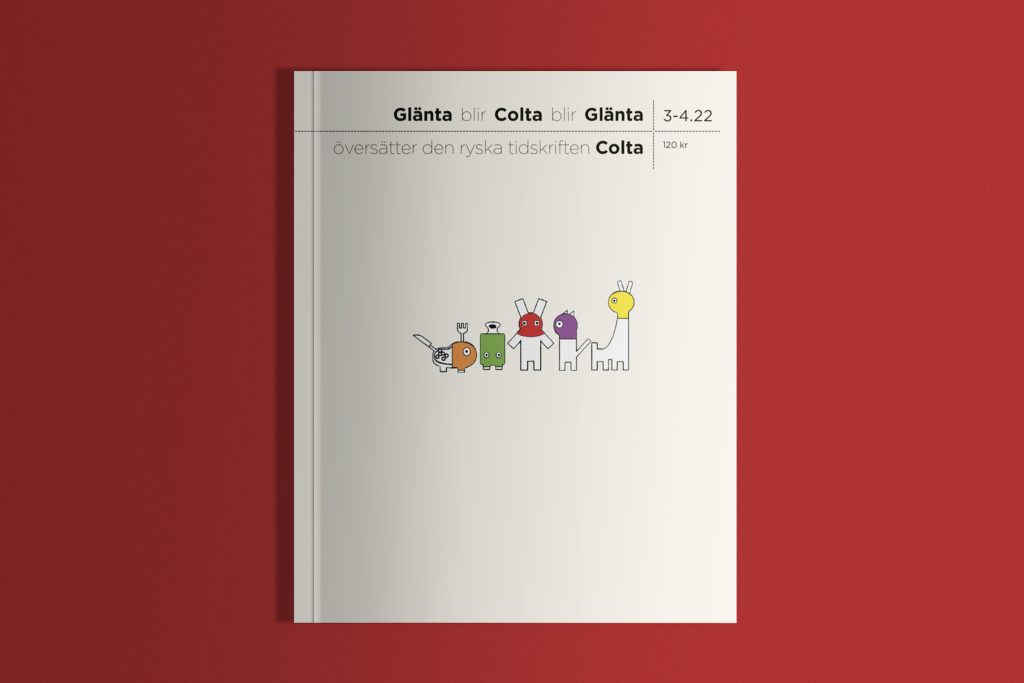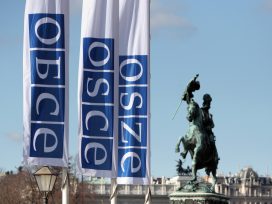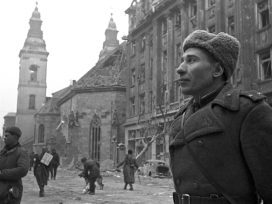In its new issue, Glänta partners with Colta.ru, the online cultural journal shut down by the Russian state in March 2022. Together with Maria Stepanova, Colta.ru’s founder and editor-in-chief, Glänta has gathered a selection of pieces published in the journal between 2010 and 2022. Each article is contextualized with a timeline showing the increasing pressure on intellectual freedom in the country.
The articles, writes Stepanova, ‘form the history of a disease, from the first, almost imperceptible symptoms to the moment when you realize with horror and despair that everything is already over.’ The articles reflect the constant work of imagining what’s next. When Colta becomes Glänta, a history of the future takes shape.

False predictions
In 2011, Stanislav Belkovsky wrote about the meaning and implications of Putin’s presidential rerun, addressing both the fears of the liberal public as well as Putin’s plans for his next term. While the Russian leader anticipated a new era of prosperity, liberal commentators feared a political dead end.
But Belkovsky rejected the idea that Putin’s re-election would mark a turning point. ‘Today, there can be no talk of a “prelude to stagnation”. This is because stagnation began in our country 12 years ago – in 2000, when Vladimir Putin first came to power.’
Belkovsky considered a Brezhnevist relapse unlikely. Instead, he predicted a new perestroika. Putin, he wrote, would use his term in office to preserve the status quo, continue with privatization and maintain the high price of gas and oil.
But Ukraine had other ideas.
Nine months after Russia’s annexation of Crimea in 2014, Colta asked intellectuals what had changed. Their opinions were largely unanimous. As Tatiana Tjernigovskaja put it: ‘2014 changed civilization. Humanity has gone mad.’
Olga Sedakova identified another war, one invisible from the outside. When scope for rational and humane politics disappears, conflicts are no longer resolved through discussion or argument. Instead, a tear in society forms, one so deep that communication with the other side is impossible.
War and memory
The cult of victory has been rooted in the Russian state memory since the early stages of the Soviet Union. In a 2018 essay on Russian military philosophy, Sergey Lebedev described how the victory cult is nourished through the memory of unnamed soldiers. While the dog tags worn by American and British soldiers in WWII were a factor in dignifying their possible deaths, Russian soldiers remained anonymous when they fell.
The unnamed soldiers could not be given gravestones but are remembered through monuments and plaques. Individual trauma is disguised in triumph, Lebedev writes: ‘The tragic sacrifice of the people is again made sacred – but without implying that the memory of each fallen person is valuable.’
A future now?
At the end of 2022, Colta again asked intellectuals to look ahead. The result was five texts that resonate with fear, anger and frustration at living in uncertainty.
Who will the future belong to: those who adapted to the ideology of war or those who didn’t? ‘When we talk about the future of Russia,’ writes Olga Romanova, ‘we mean ourselves in it. Even if Russia is given a second chance, that future will be a shared one, in which we will be a minority, and a sad minority at that.’
The final word, however, goes to Stepanova herself:
‘The evil that has been done must be repaired, the place from which that evil comes must once again be made fit for humans; the language with which it speaks must change. The stigma, the burning wound of collective complicity may yet be a starting point, the beginning of a path from this blind “we” to a society of seeing “I”s. And this can only be achieved from within.’







